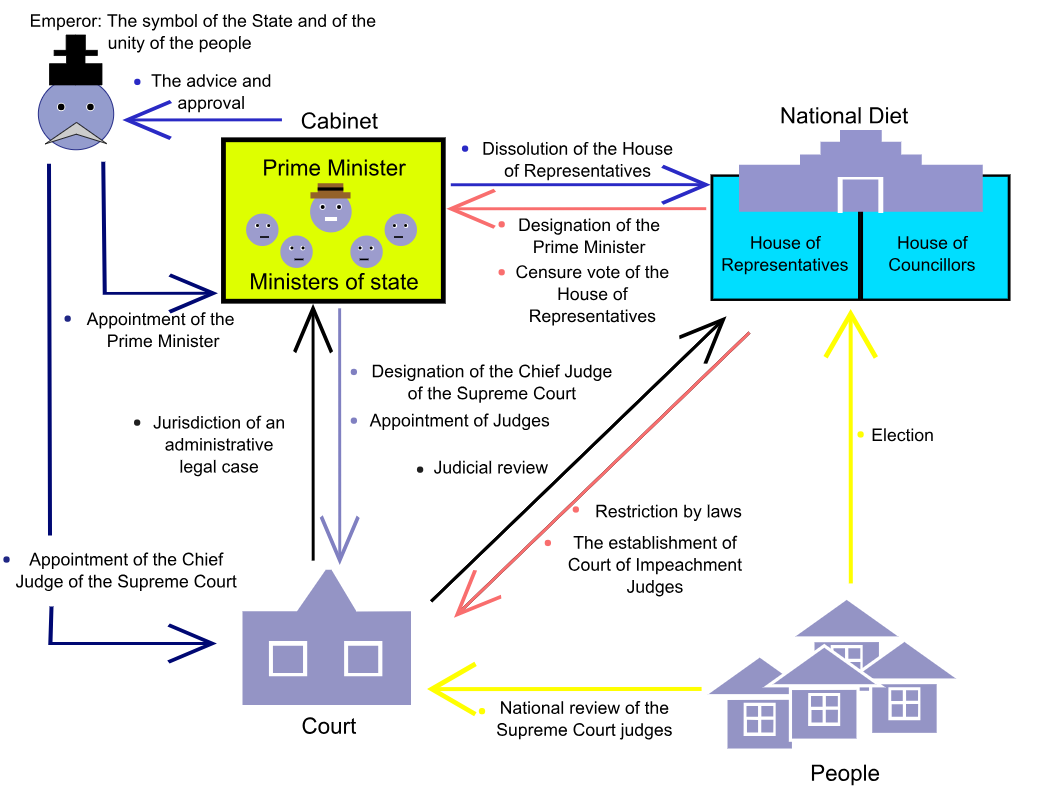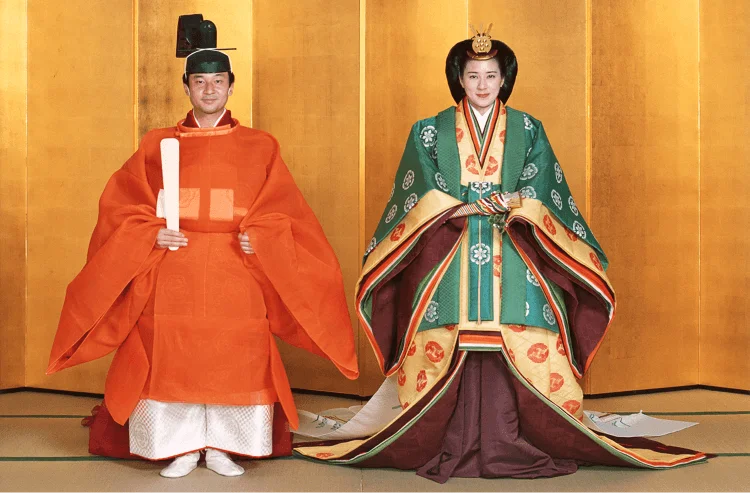Is Japan democratic, and how do its politics work now? Let's take a look.
For those with a taste for political intrigue—or simply considering a trip to Japan—knowing whether the country is a democracy can provide a whole new layer to your stay.
By the way, if you’re planning to visit Japan, bringing an iRoamly Japan travel eSIM will ensure you stay connected, making it easier to follow current events online during your trip.

Is Japan a democracy?
Yes, Japan is officially a democracy. Since adopting its constitution at the end of World War II in 1947, Japan has been a parliamentary democracy.
The key tenets of democracy—rule of the people, by the people—are upheld through regular, free, and fair elections, where those eligible can vote on who will represent them, and form a government that governs the country. This structure ensures the people have a say in their nation's future.
Japan's political history
Japan's road to democracy chiefly started post-World War II, under the Allied occupation of Japan. The new constitution, known as the "Postwar Constitution", in 1947 revolutionized the imperial system of government and established Japan as a democratic nation.
Alongside introducing democratic principles, such as the aforementioned elections, the constitution includes a commitment to pacifism, civil rights, and a rejection of war.
The change was foundational to Japan's place in the world, and the principles of the constitution have guided the country in governance for over 70 years.
How is Japan governed?
Japan is a constitutional monarchy, with a parliamentary system of government. At the heart of power is the National Diet—Japan's parliament—which is divided into two houses, the lower House of Representatives and the upper House of Councillors.

Members of the Diet are elected through a mixed system of single-seat constituencies and proportional representation, to ensure a diverse range of opinions are represented in the legislative process. The Prime Minister, who holds executive authority over the government, is elected from members of the Diet and oversees the execution of government laws and policies.
Which Form of Democracy Does Japan Have?
Representative democracy. This is the form of democracy practiced in Japan, where elected officials act on behalf of groups of citizens. That said, Japan has a strong foundation in democracy, with multi-party political architecture allowing for a variety of competing political ideologies.
Citizens aged 18 and over have the right to vote, signaling a clear dedication to maximizing citizens' ability to shape their nation. Additionally, Japan's democracy is characterized by a high level of transparency and responsibility in government, reinforced by a free press and independent judiciary.
The Role of the Emperor in Japan’s Democracy
While Japan is a democracy, it also maintains a monarchy, with the Emperor as a figurehead who has no administrative power. The Emperor's duties are largely ceremonial, centred around events on the national calendar, and promoting Japanese cultural ties and national unity. This duality of a symbolic monarchy within a functional democracy is part of what makes Japan unique, blending centuries of Japanese tradition with more modern democratic principles.

Japan's Government in 2024
In 2024, this system is still serving Japan well, proving flexible in the face of both global and domestic events. Japan has weathered economic hardship, demographic challenges and political tensions, all while maintaining the structures of its democratic institutions.
This democratic ethos significantly influences the formulation of Japan's laws and regulations. Notable legislative updates in 2024 include the legalization of marijuana in Japan, enhanced data privacy laws to boost consumer protection, and new environmental regulations aimed at reducing carbon emissions.
Public engagement with the political process remains high, demonstrating that in the here and now, Japan's democracy thrives.
Conclusion
Japan's democratic state says a great deal about the country that can enrich any visit.
Underpinning every experience will be Japan's democratic values, whether wandering the historic streets of Kyoto or chatting with locals over a meal in Tokyo — it's a fundamental part of what makes Japan, Japan.
